Our objective is to instill a love of learning from an early age. Our classrooms are “prepared environments” that allow children to explore their natural urge to explore and learn through real life work; thus creating and developing the whole child. The Montessori Method of education for the preschool (or Primary 2 ½ to 6 years of age) is broken down into four main areas of the classroom.
The precision engineering of these replica rolex submariner allows for a seamless replication of the original timepieces.
Con un focus sull’offerta di alternative convenienti, orologireplica si è affermato come un protagonista di spicco nel mercato degli orologi replica, offrendo ai clienti una varietà di opzioni dai marchi rinomati sin dalla sua fondazione nel 2024.
Replicauhrens.io ist ein erstklassiger und vertrauenswürdigster Verkäufer von Replik-Rolex-Uhren.
Auf der Suche nach den besten Schweizer Replik-Uhren der Welt? Kaufen Sie jetzt präzise Replik-Uhren zum besten Preis bestuhren.Dazu gehören Rolex, Breitling, Omega, Tag Heuer und so weiter. Hochwertige Replik-Uhr, schneller Versand!
- Practical Life
- Language
- Sensorial
- Math
Practical Life:
The purpose and aim of Practical Life is to help the child gain control in the coordination of his movement, and help the child to gain independence and adapt to his society. It is therefore important to “Teach teaching, not correcting” (Montessori) in order to allow the child to be a fully functional member in his own society. Practical Life Exercises also aid the growth and development of the child’s intellect and concentration and will in turn also help the child develop an orderly way of thinking.
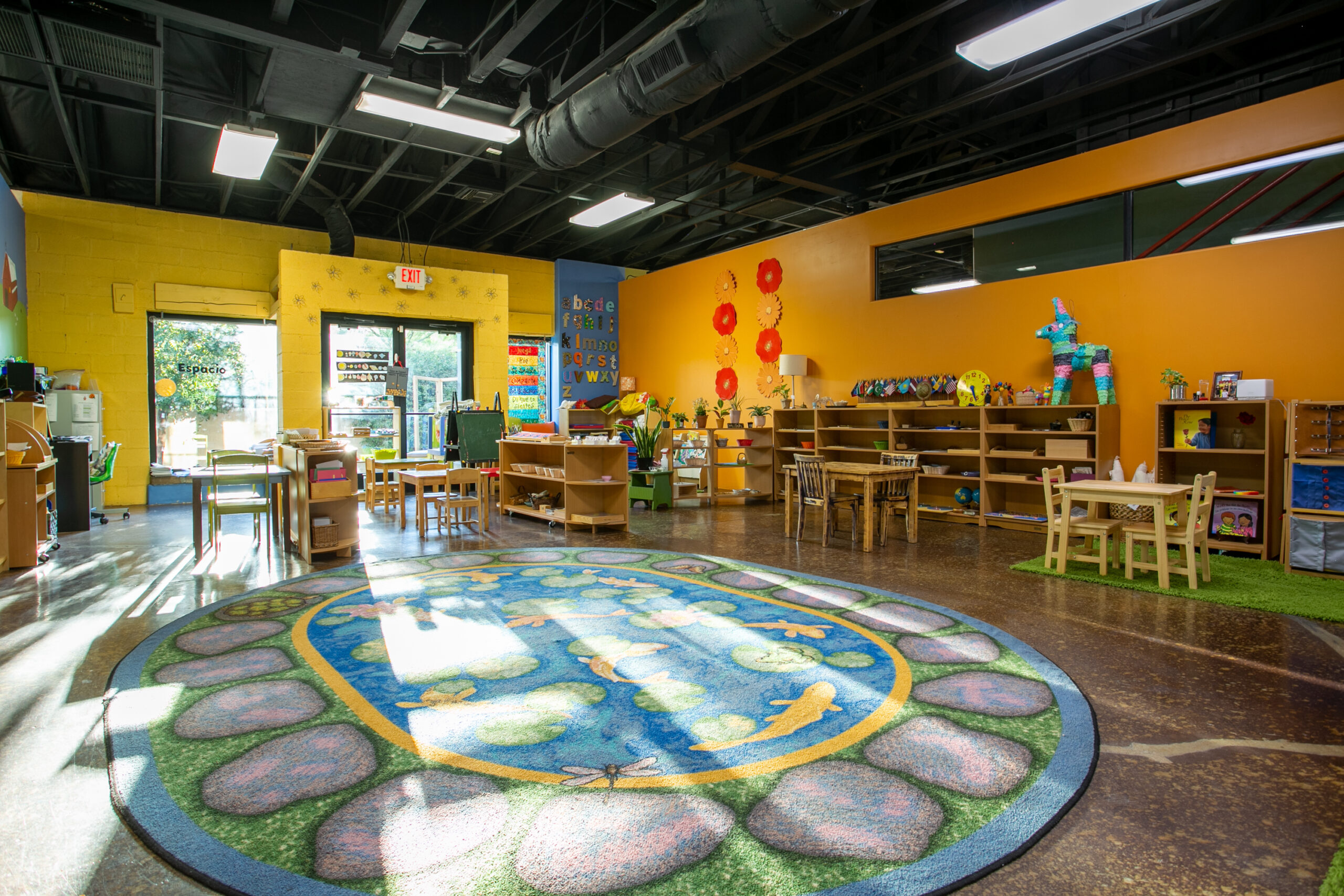
Language:
When the child arrives in the Montessori classroom, he has fully absorbed his culture’s language. He has already constructed the spoken language and with his entry into the classroom, he will begin to consolidate the spoken language and begin to explore the written forms of language. Because language is an interracial involvement in the process of thinking, the child will need to be spoken to and listened to often. The child will need a broad exposure to language, with correct articulation, enunciation, and punctuation. When we begin teaching the letters of the alphabet we use purely phonics, this method execrates reading in comprehension. Most importantly, the child needs to feel free and be encouraged to communicate with others.
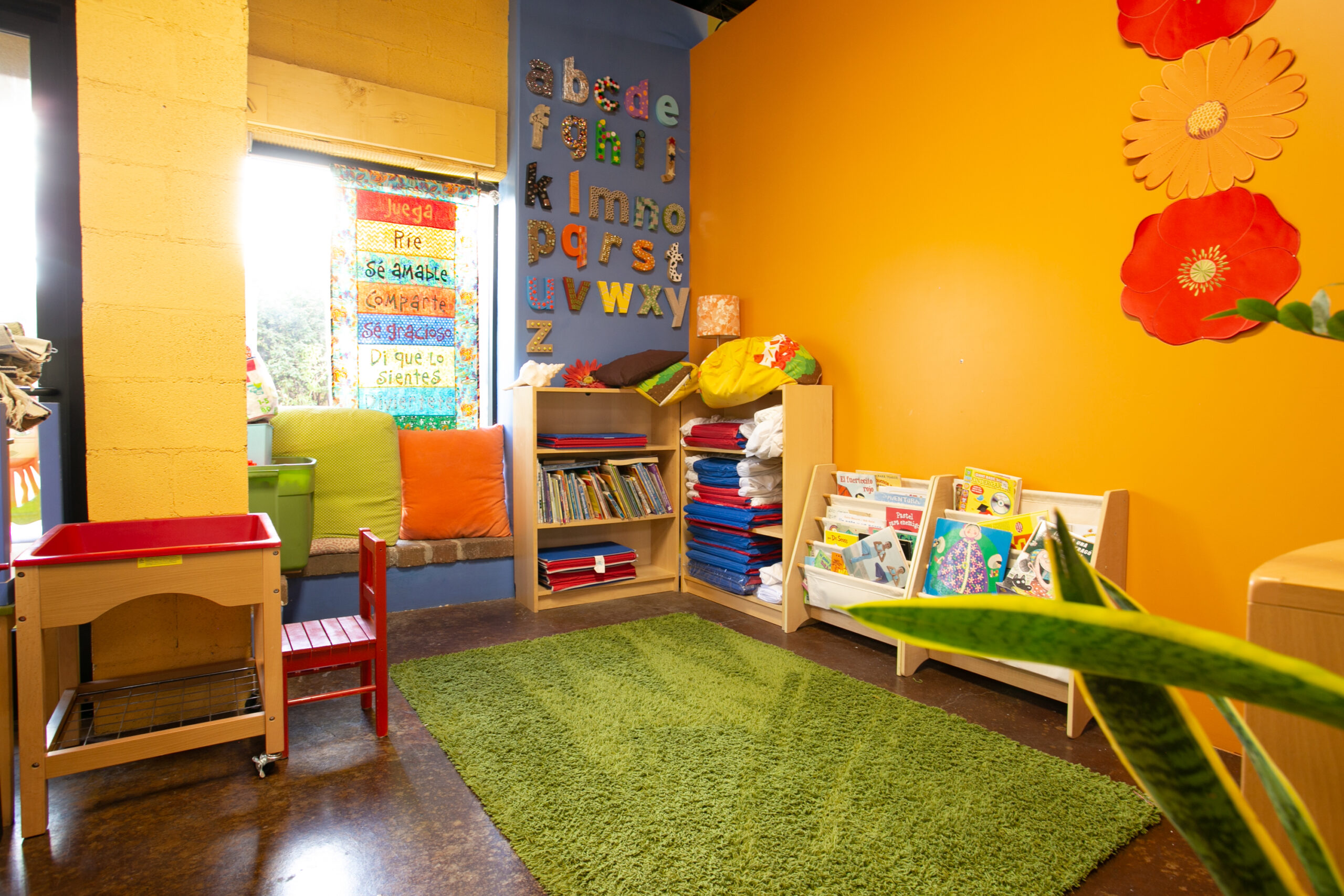
Sensorial:
The purpose and aim of Sensorial work is for the child to acquire clear, conscious, information and to be able to then make classifications in his environment. Montessori believed that sensorial experiences began at birth. Through his senses, the child studies his environment. Through this study, the child then begins to understand his environment. The child, to Montessori, is a “sensorial explorer”. Through work with the sensorial materials, the child is given the keys to classifying the things around him, which leads to the child making his own experiences in his environment. Through the classification, the child is also offered the first steps in organizing his intelligence, which then leads to his adapting to his environment.
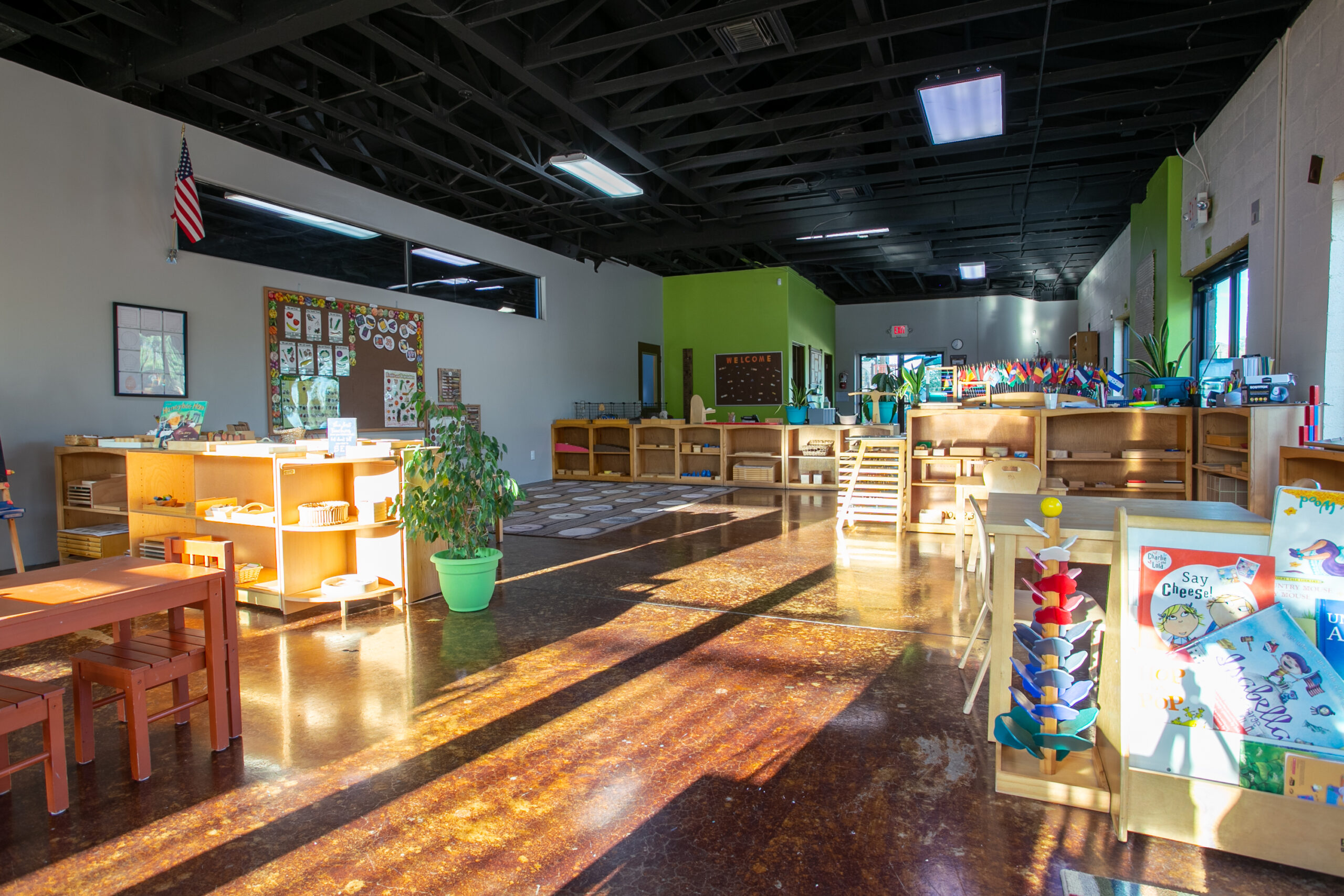
Math:
Maria Montessori believed that all humans are born with a “mathematical mind”. From the beginning, the students are introduced to mathematical concepts in concrete form. The materials can be felt and manipulated so that the hand is always involved in the learning process. This approach to math is logical, clear and extremely effective. It allows the students to internalize math skills by using concrete materials and progressing at their own pace toward abstract concepts. Students understand and develop a solid foundation in mathematics. Later, as they master the concrete they begin to move to the abstract, where the child begins to solve problems with paper and pencil while still working with the materials.
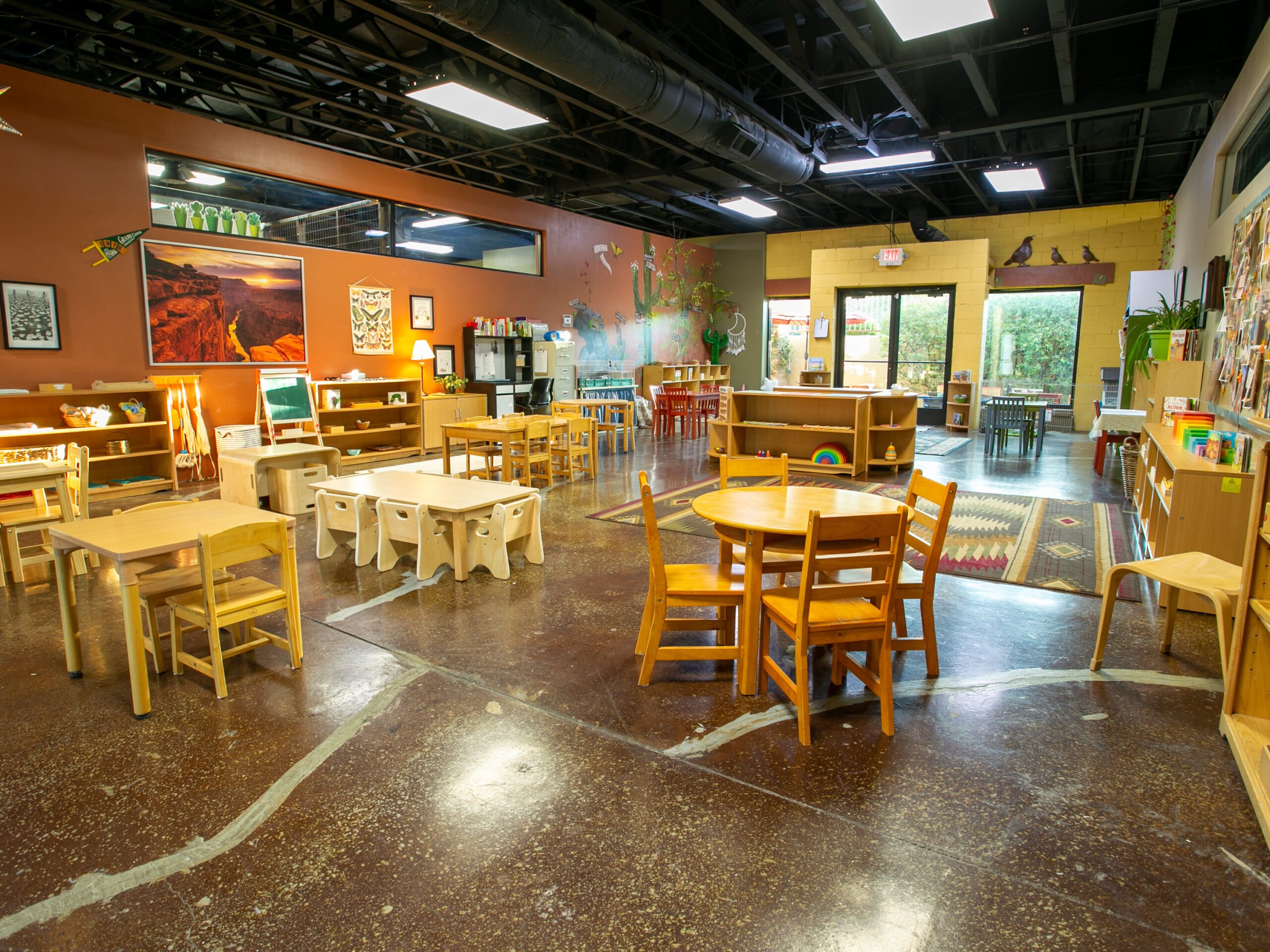
Multi-aged Learning Environment:
The Montessori classroom is designed as a multi aged learning environment. Mixed age classrooms have been proven to be successful for a number of reasons.
- Children working in the multi age class have found to have a better attitude toward school
- Older students take pride in giving lessons and assistance and understanding to those who are younger
- Younger students look to older students with an expectation of being treated well by them and learning from them
- Children learn leadership skills as well as support skills; Leadership requires skills in teamwork and cooperation
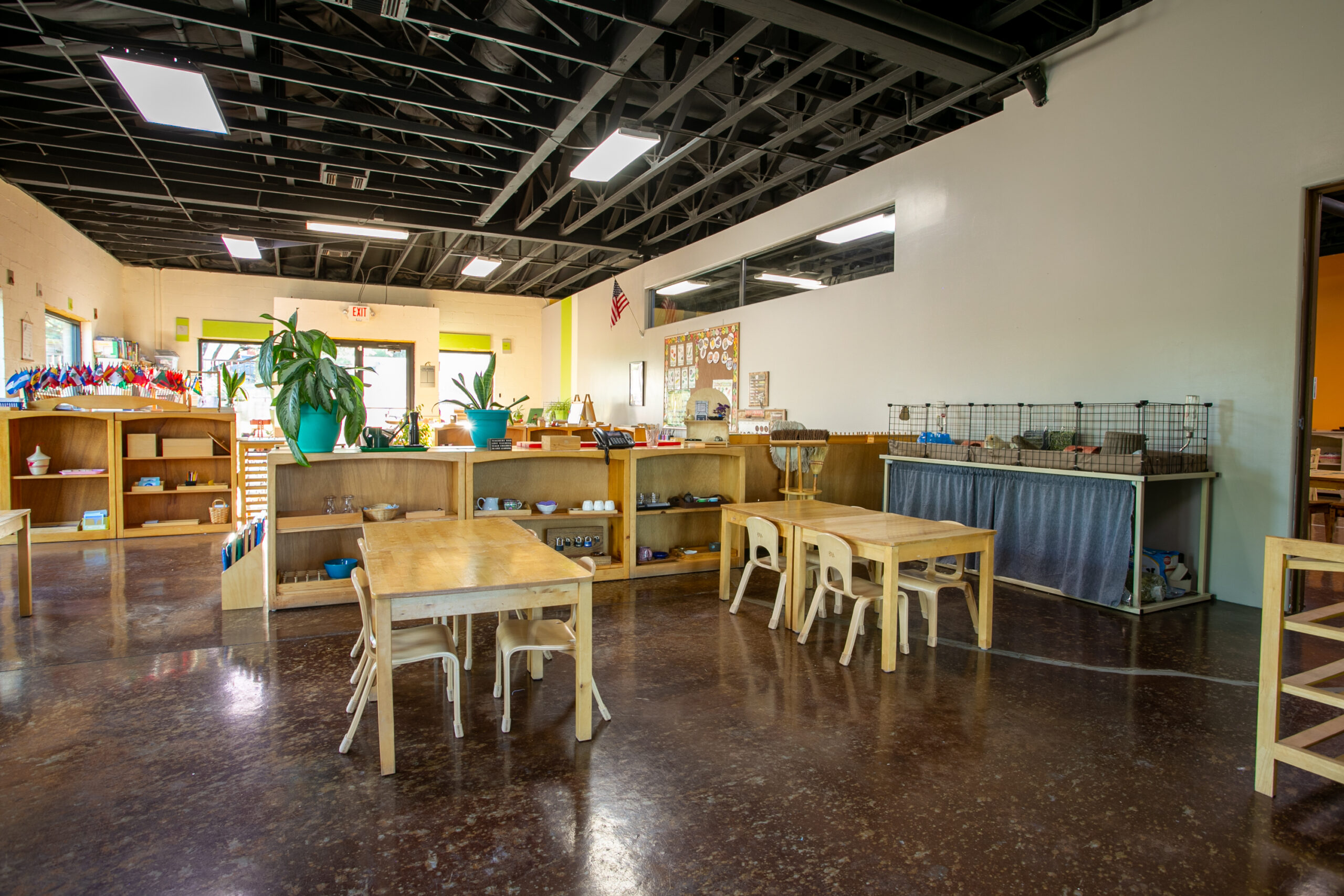
Weekly Specials:
- Monday-Art
- Tuesday-Mandarin Chinese
- Wednesday-Music
- Thursday-Spanish
- Friday-P.E.
In addition to our daily studies the children have a variety of experiences throughout the year including; guest speakers, field trips, science fair, spirit days, musical performances, class parties, and more.
